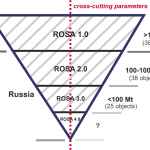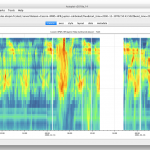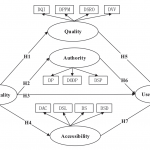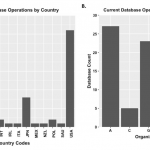Bapon Fakhruddin is a specialist in climate and hydrological risk assessment with a focus on the design and implementation of hazard early warning systems and emergency communication. He is Technical Director, Disaster Risk Reduction and Climate Resilience at Tonkin + Taylor, New Zealand. He is also Co-Chair for the Open Data for Global Disaster Risk Research task force with CODATA.
Bapon Fakhruddin discusses why the COVID-19 pandemic requires thinking and decision making supported by a data ecosystem which looks much further into the future than previous short-term approaches.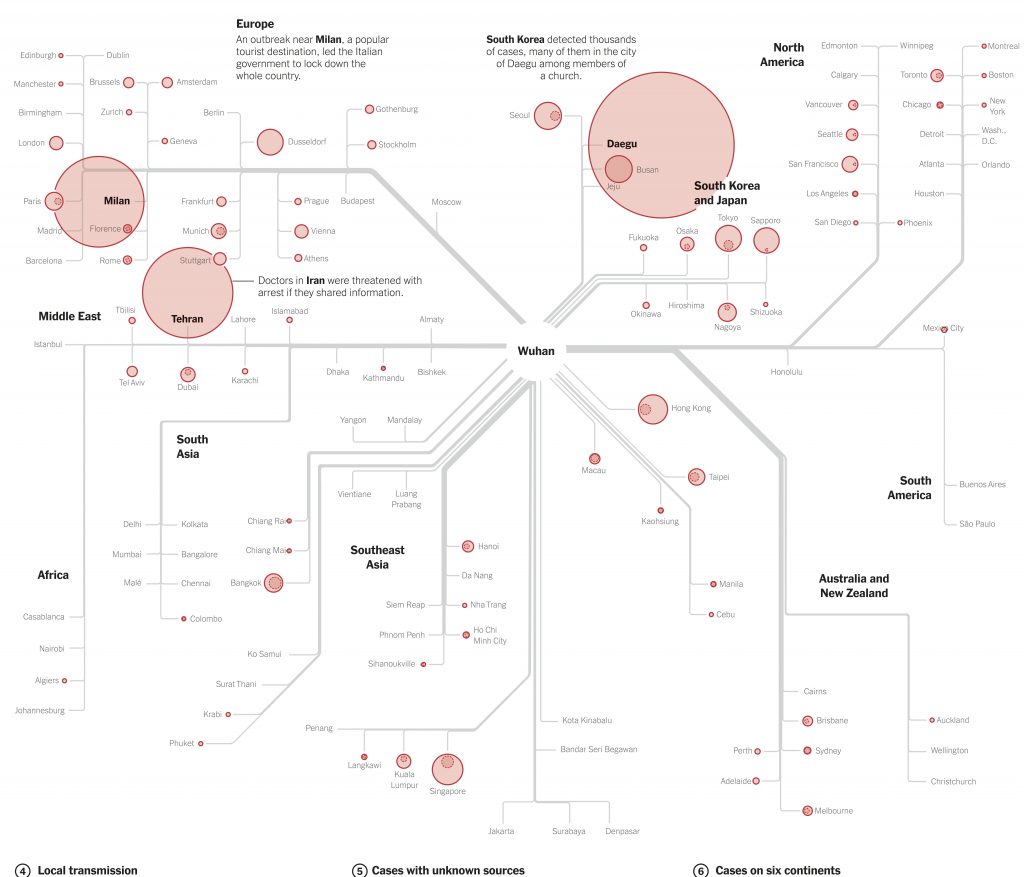
The novel coronavirus disease (COVID-19) has created a human crisis globally, which has demanded an array of drastic, immediate responses. The United Nations (UN) Secretary-General has swiftly called for action, “for the immediate health response required to suppress transmission of the virus to end the pandemic and to tackle the many social and economic dimensions of this crisis[1]“. The pandemic also requires thinking and decision making supported by a data ecosystem that is more complete than currently, and which looks much further into the future than previous short-term approaches.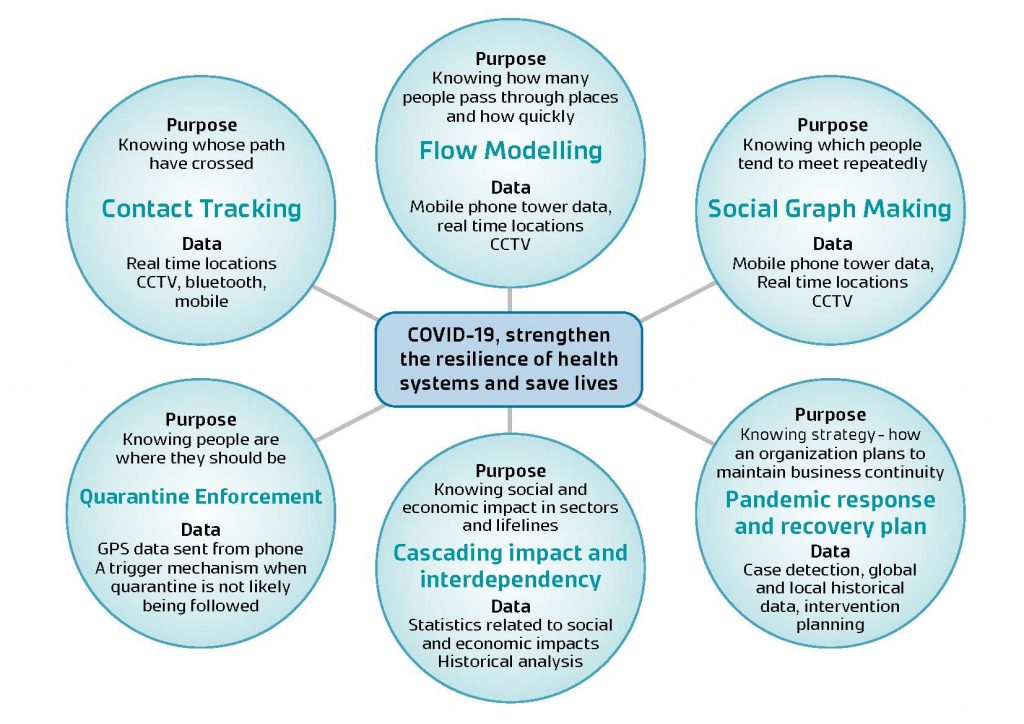
The COVID-19 outbreak has led to the proliferation of initiatives to facilitate open access to scientific research and databases and encourage research collaboration through digital platforms. However, there are concerns about the quality of data and publications provided in near real-time, leading to potentially poor decision making. These issues include comparability and interpretation of data, notably between countries, insufficient specification of methodology, and political acceptance of invalid results potentially biasing scientific methods. A call for data and research is necessary in relation to the discussion of the transmission of the disease.
Read more: https://council.science/current/blog/setting-up-a-data-ecosystem-to-defeat-covid-19/



